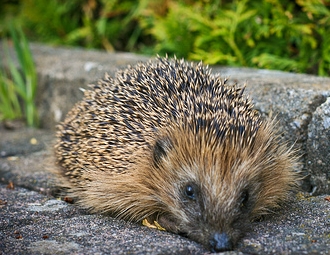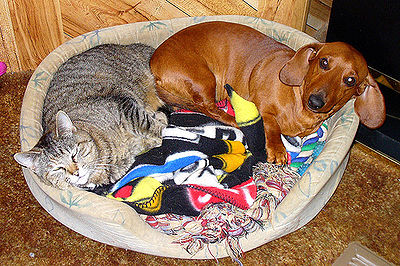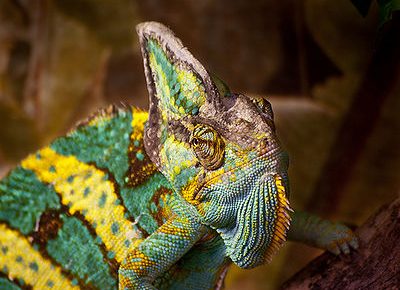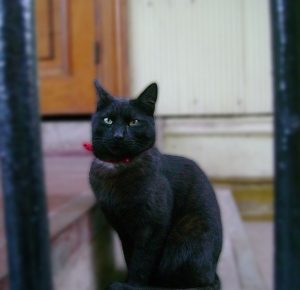
Nocturnal pets are animals which sleep during the day and are active at night. The reason some animals are awake during the day and others are awake at night is so that different animals can hunt the same field or meadow for the same prey without conflict. Nocturnal animals are likely to hunt diurnal (awake during the day) prey. Animals which are native to hot areas like deserts are nocturnal to avoid the heat of the day.
Nocturnal animals usually have highly developed senses of hearing and smell, and eyesight adapted for night vision.
In zoos, nocturnal animals are usually kept in special night-illumination enclosures to reverse their normal sleep-wake cycle and to keep them active during the hours when visitors will be there to see them.
Cats have adapted to domestication so that they can change their activity level at will, becoming nocturnal or diurnal, to suit their environment and/or the routines of their owners.
If you are considering adopting a nocturnal pet, keep in mind that it is likely to be noisy at night. If you are awake at night, you will likely enjoy this, but if you are trying to sleep you may very well be disturbed. Keeping your pet outside of the bedroom at night will help you get a good night’s sleep.
A nocturnal pet is not the best choice for a child, unless an adult is prepared to take responsibility for its care and exercise. For most of these pets the best time for them to be out of their cages is from 8:00 pm to 10:00 pm, or even later. Attempts to play with the pet at an earlier time are likely to fail, as the animal will simply fall asleep.
Nocturnal pets:
- African Pygmy Mice
- American Green Tree Frog
- Australian Green Tree Frog
- Aye Aye
- Chinchilla
- Chinese hamster
- Flying Squirrels
- Great Plains Rat Snake
- Hedgehogs
- Multimammate Mice
- Persian Jirds
- Python
- Winter White Russian Dwarf Hamster



